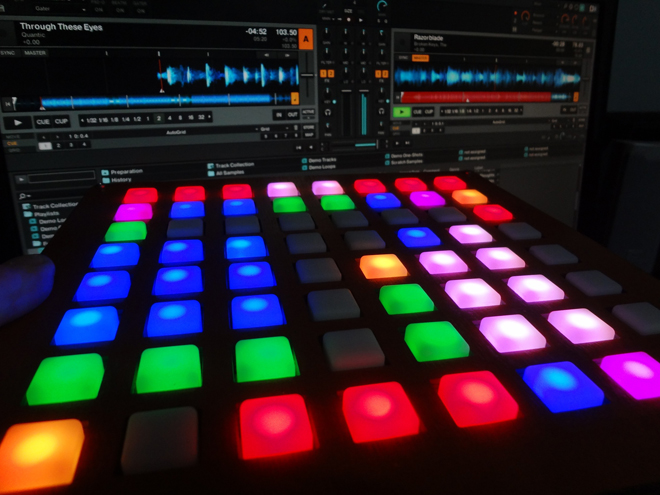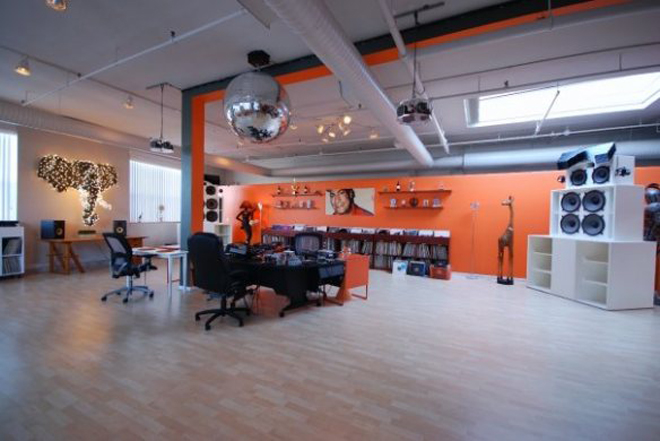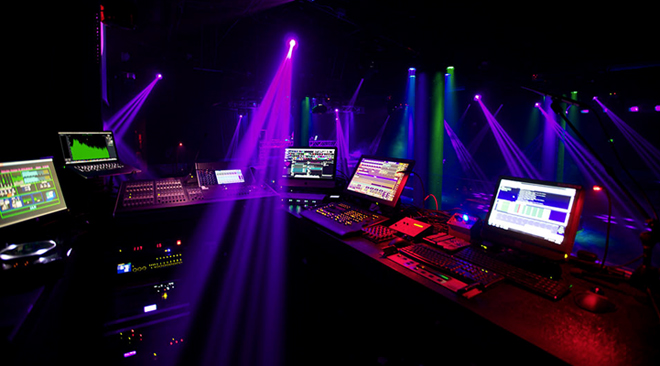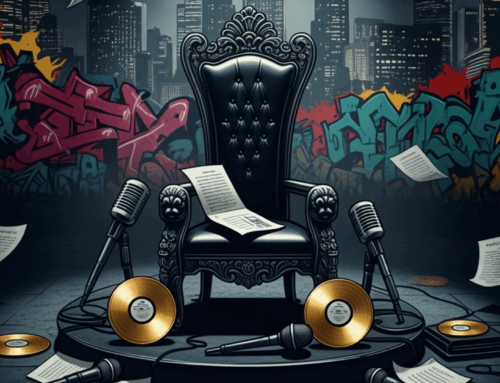“So you produce music on your computer… so you’re a DJ, right?” NO. This is something that is commonly misinterpreted in the EDM world, especially for new listeners. While a DJ can be a producer, and a producer can be a DJ, there are often times where someone specializes in only one or the other. Let’s take a deeper look into what classifies a DJ and a producer.
DJ:
A DJ, or “Disc Jockey”, mixes other artist’s music together. This is typically what you would hear at a club, venue or even on the radio during that exciting “Friday Night Party Mix with DJ X.” A DJ transitions through other artist’s songs flawlessly to keep the energy going for their listeners, no matter what the setting may be. These transitions are usually performed with fades between tracks, beat-repeats, tape-stop effects, and sometimes even just a straight cut, if the songs are that similar. A DJ may not possess much musical talent, but being a good DJ requires someone who can keep a good beat. Listening out for a good point in a song to transition is important too, that way the flow isn’t broken in the middle of their set due to a poor execution.

Producer:
Producers are the musicians behind the computer. They create everything – the beat, structure, musical rhythms and notations, (sometimes) vocals, and effects. They are the artist behind the song, and use what are called “Digital Audio Workstations”, or a DAW, to create their tunes. This software has a wide range of uses, such as importing presets, recording original compositions with the use of MIDI controllers, and even doing the fine-tuning such as mixing and mastering. When an artist comes out with a single, EP, or LP, the songs on that release were produced.
DJ/Producer:
This is where things get confusing. It is possible (and fairly common nowadays) for someone to be both a DJ and a producer. For instance, think of a well-known EDM artist, like someone that could be seen at Ultra Music Festival or another big event. When they attend the event, they are DJing their set list, which may include a few of their own tracks that they have produced. To put this as simply as possible, someone who does both is a producer, but also has the capability to DJ, whether it is their own work or another artist’s tracks.

When an artist is playing electronic music live, they are most likely DJing. While it is possible for artists to perform a live set through the use of a DAW and MIDI controllers, it is much more risky because of how easily something can go wrong. When a new CD is released through a site like Beatport or iTunes, that music was produced in a studio, whether it is a professional studio or a home studio. Both DJing and producing require their own talents, but sometimes they crossover, which explains why it can be confusing to differentiate the two.




